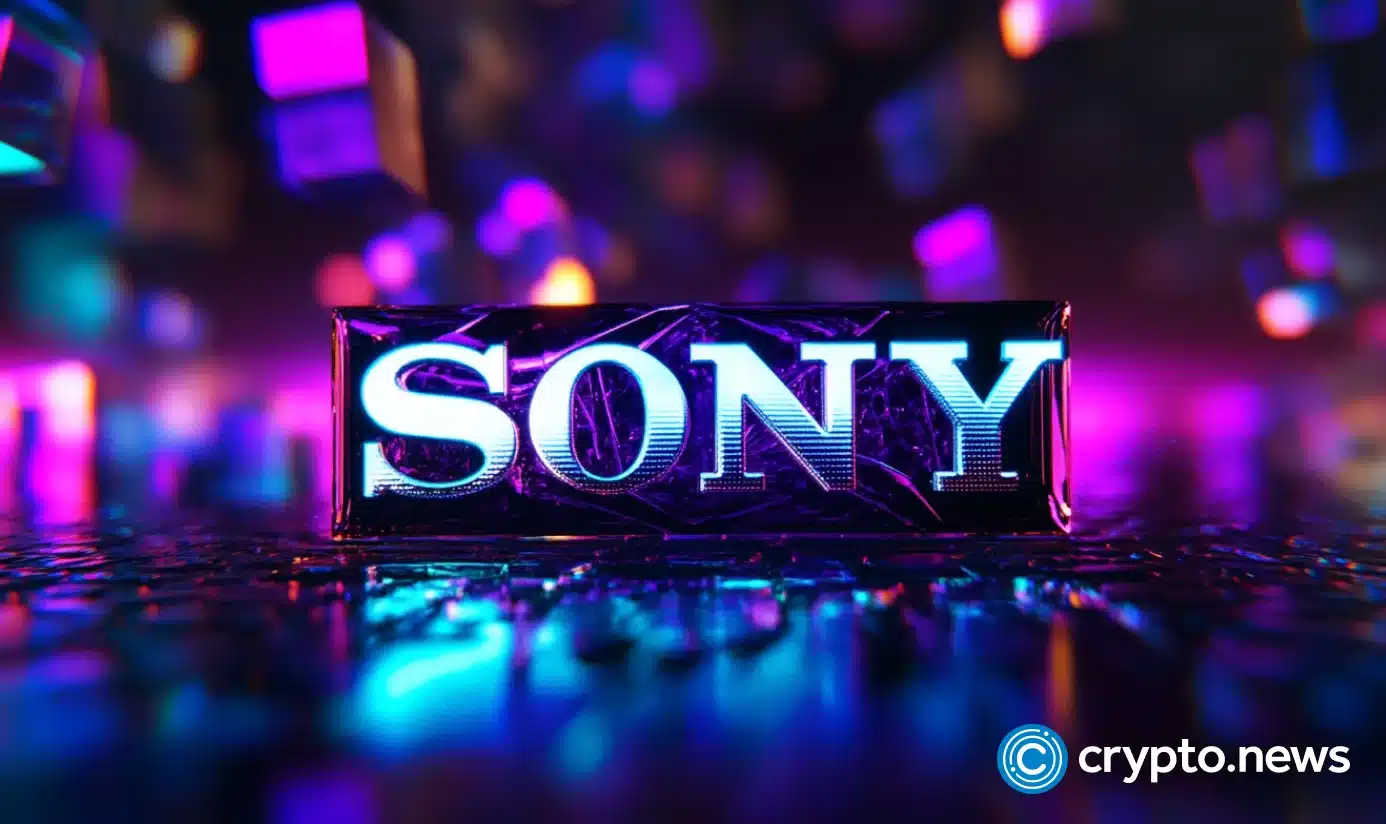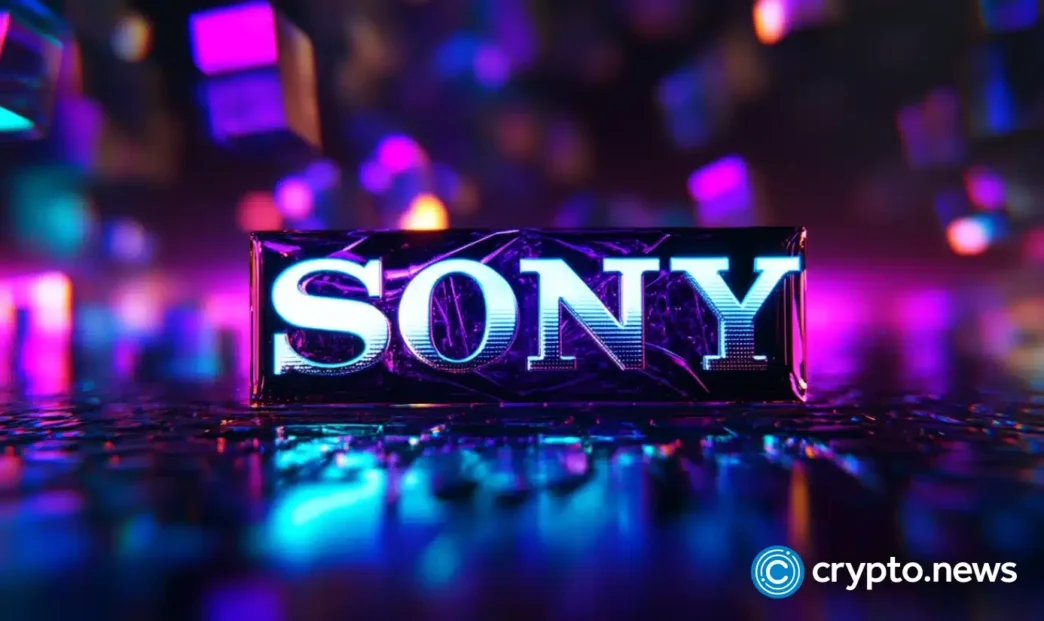[ad_1]

EigenLayer Actively Validated Service Ava Protocol will power automation for Sony Block Solution Labs new layer-2 blockchain, Soneium.
According to the protocol’s press release, Ava Protocol will deploy its event-driven automation infrastructure to power the Soneium Spark incubation program.
By doing so, creators and developers have the chance to monetize as well as manage their work on Sonieum using Ava Protocol’s intent-based, no-code automation.
Speaking to crypto.news, founder of Ava Protocol Chris Li explained that Ava Protocol benefits from lower computation and storage costs, surpassing even the traditional layer-2 solutions.
“Our technology provides creators and developers with the tools they need to be truly empowered when it comes to their assets,” said Chris to crypto.news.
Regarding the debate between layer-1 and layer-2 solutions, Li remarked that Ava Protocol’s solutions “allow users to bridge assets across layer-2s and layer-1s with a single click.”
“With this collaboration, we’re taking a significant step toward our vision of being the leading solution for smart contract automation on Soneium,” said Li to crypto.news.
Li also clarified that the launch of Ava Protocol’s native asset will not affect the Soneium integration as they are viewed as “two separate events”.
Creators on Soneium can also use Ava Protocol to tokenize real-world assets, opening up opportunities for users to monetize art, intellectual property, and physical goods through decentralized marketplaces.
Soneium was designed to be an open-source, all-purpose blockchain that serves the needs of users across all platforms. Through this partnership, Ava Protocol will be able to execute transactions and smart contracts on Soneium based on specific conditions like price changes, time, or events.
It supports recurring payments, stop-loss orders, and yield harvesting, as well as NFT updates and minting.
Previously, Ava Protocol launched an AVS on the Ethereum restaking protocol EigenLayer, achieving the total value locked of $3 billion. So far, more than 35 ecosystem dApp developers have used its automation technology.
[ad_2]














